Thinking about notions of time in India still evokes images of circles and wheels symbolizing the fading away and collective and individual histories into the repetitious, cyclical movement of cosmic death and rebirth. However, time is perceived and reckoned in India in many different ways mirrored in a wide spectrum of philosophical and theological interpretations, methods of calculation, mythological narratives and ritual performances. The richness of concepts and practices shows the concern for different dimensions of the experience of time in Indian cultures. The interplay between time as quality and quantity persists in many aspects of social life in India and has not been replaced by the advent of modern standardizations. Thus, ritual calendars and the concern for auspicious or inauspicious moments co-exist with other methods of time reckoning, such as the digital clock or dynastic eras. The essays collected in this volume highlight this multiplicity by studying both notions and practices of time in relation to the different contests in which they are enacted. Scholars from different disciplines address these topics with regard to history, religion, methods of time-reckoning, festivals, life-cycle rituals, kinship and modern historiography. The essays deal with both, pan-Indian notions and traditions located in Orissa. While there are some distinct features that relate to Orissa in particular, the regional and local traditions often draw on conceptual frameworks used in other parts of the subcontinent too.
Text and Context in the History, Literature and Religion of Orissa
The last decades of the ...
$47.50
$50.00

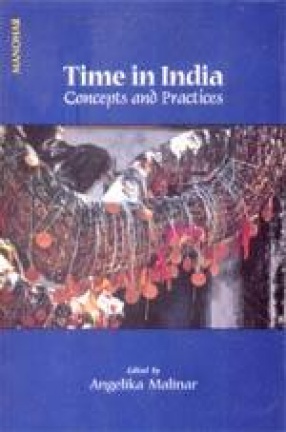
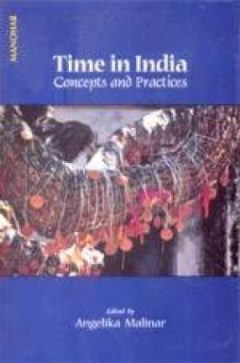
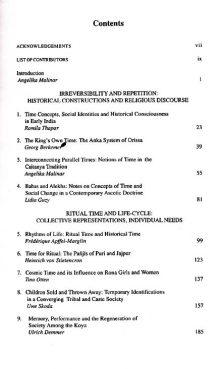
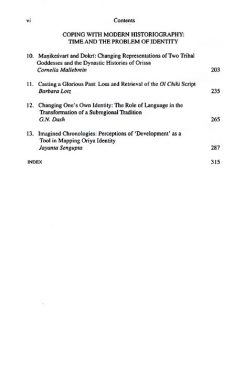
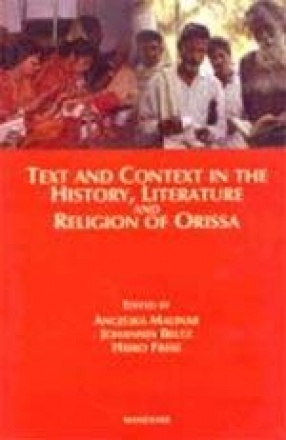
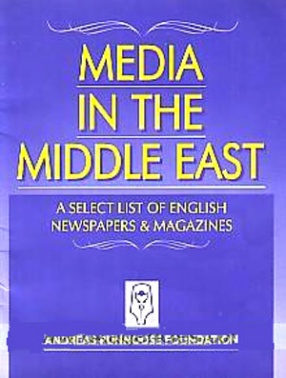
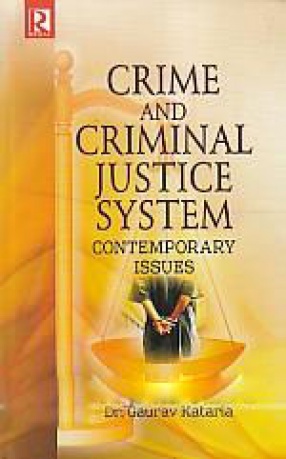
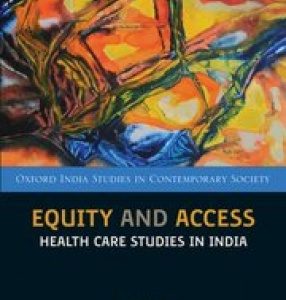
There are no reviews yet.